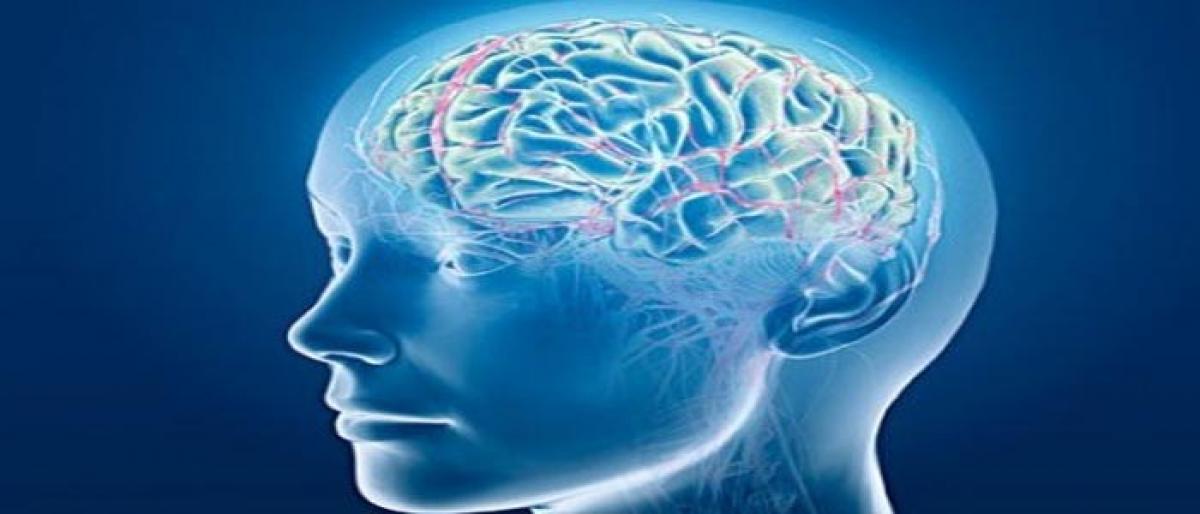Scientists decode mechanism to help quit unwanted thoughts

Scientists have identified a key chemical within the \"memory\" region of the brain that allows us to suppress unwanted thoughts.
Scientists have identified a key chemical within the "memory" region of the brain that allows us to suppress unwanted thoughts.
The findings showed that the ability to inhibit unwanted thoughts relies on a neurotransmitter -- a chemical within the brain that allows messages to pass between nerve cells -- known as GABA.
GABA is the main "inhibitory" neurotransmitter in the brain, and its release by one nerve cell can suppress activity in other cells to which it is connected.
GABA concentrations within the hippocampus -- brain area involved in memory -- predict people's ability to block the retrieval process and prevent thoughts and memories from returning.
The results may explain why people suffering from disorders such as anxiety, post-traumatic stress disorder (PTSD), depression, and schizophrenia often experience persistent intrusive thoughts, the researchers said.
"Our ability to control our thoughts is fundamental to our well-being," said Michael Anderson, Professor at the University of Cambridge.
"When this capacity breaks down, it causes some of the most debilitating symptoms of psychiatric diseases: intrusive memories, images, hallucinations, ruminations, and pathological and persistent worries -- key symptoms of mental illnesses such as PTSD, schizophrenia, depression, and anxiety," Anderson added.
In the research, published in the journal Nature Communications, the team used a task known as the "Think/No-Think", where participants learned to associate a series of words with a paired, but otherwise unconnected, word, for example ordeal/roach and moss/north. They were later asked to recall the associated word.
As the participants tried to inhibit their thoughts, the researchers observed that even within this sample of healthy young adults, people with less hippocampal GABA were less able to suppress hippocampal activity and as a result much worse at inhibiting unwanted thoughts.
The discovery could offer a new approach to tackling intrusive thoughts in mental disorders.
"Our study suggests that if you could improve GABA activity within the hippocampus, this may help people to stop unwanted and intrusive thoughts,"Anderson said.

















